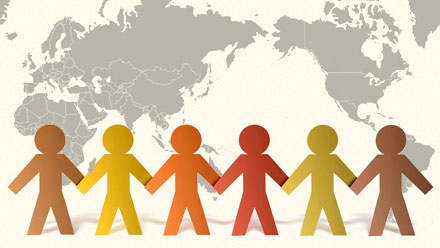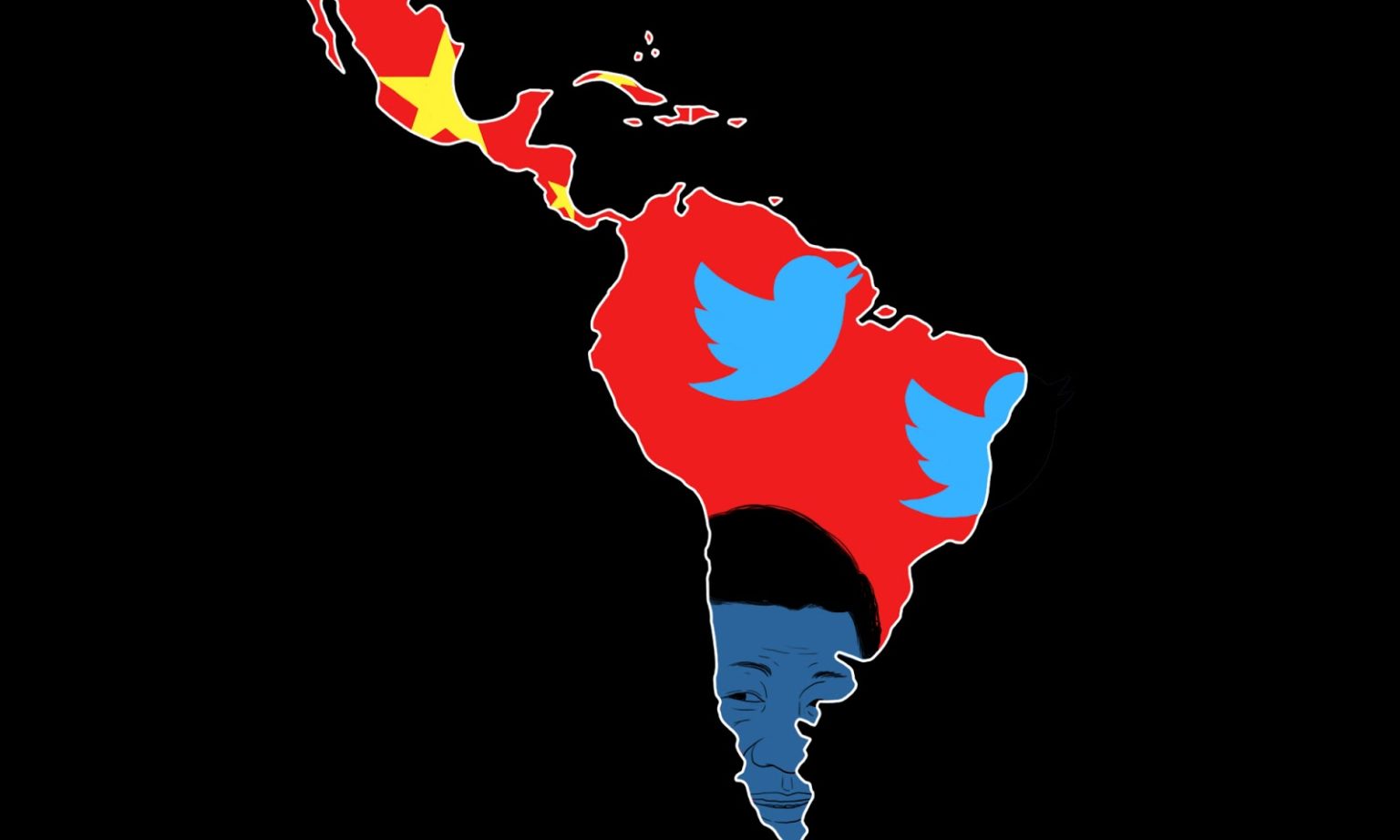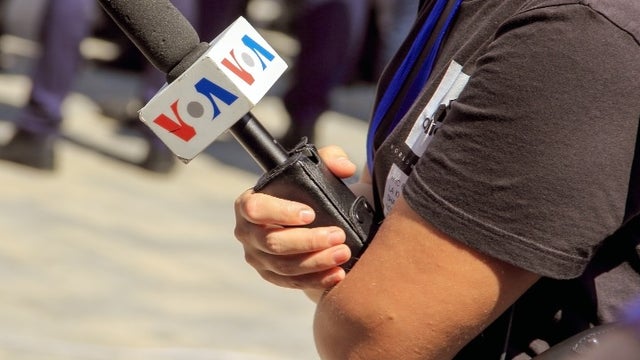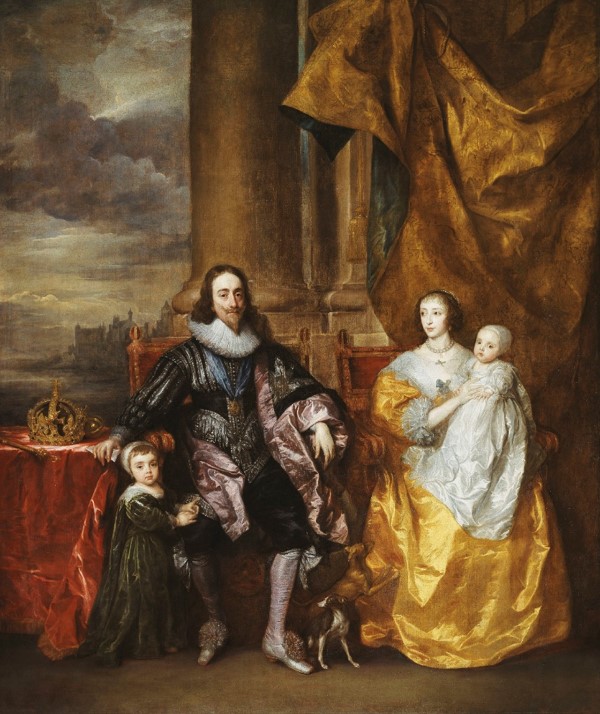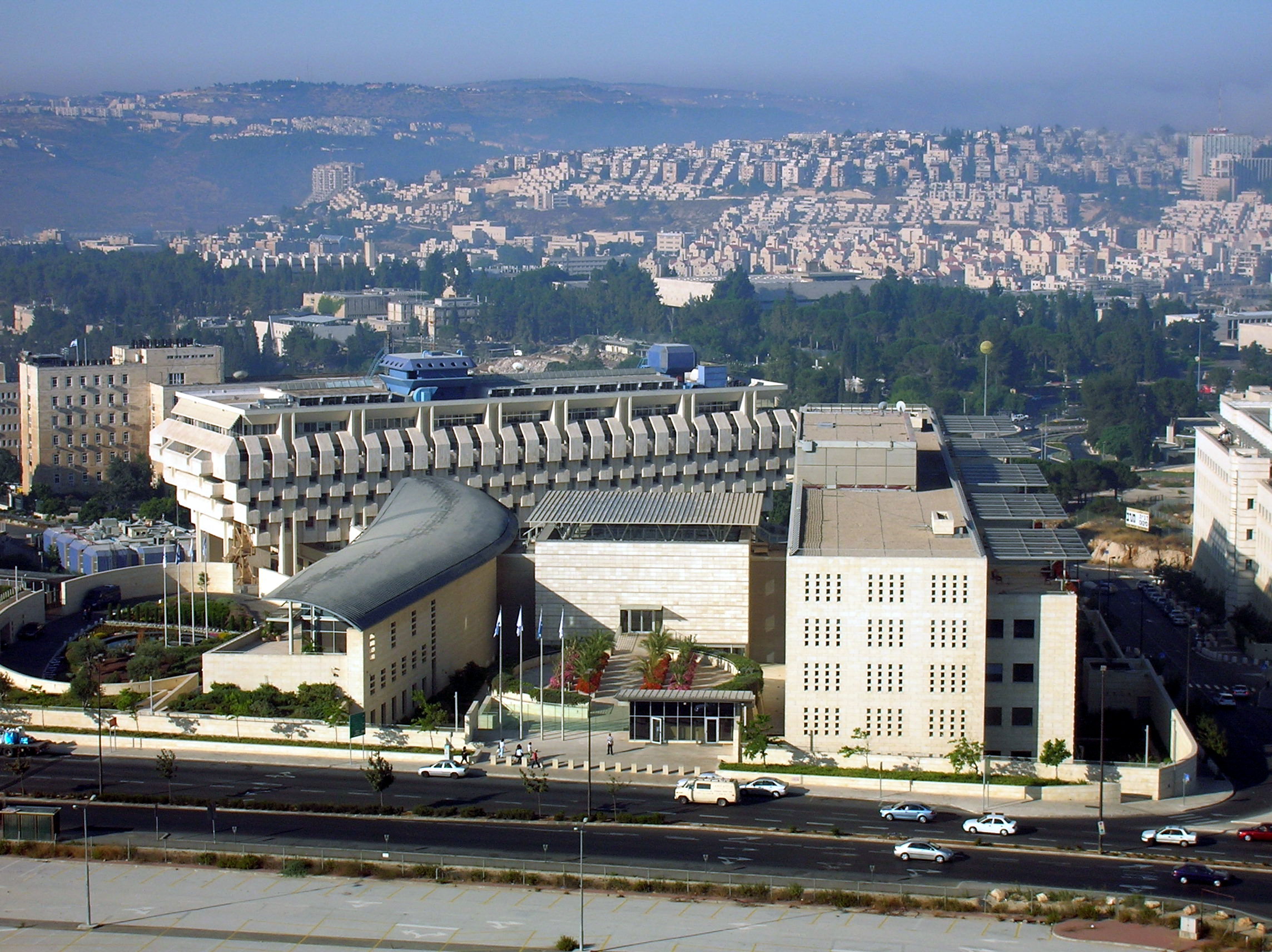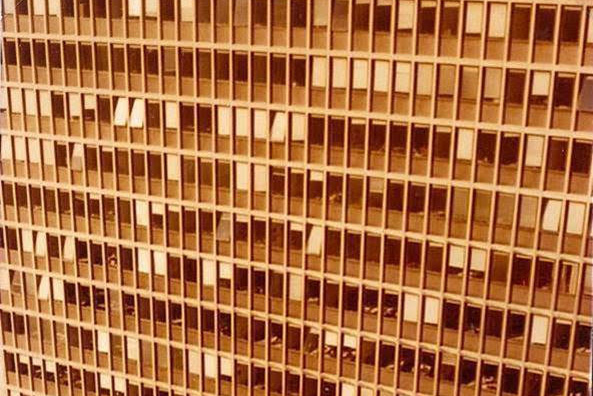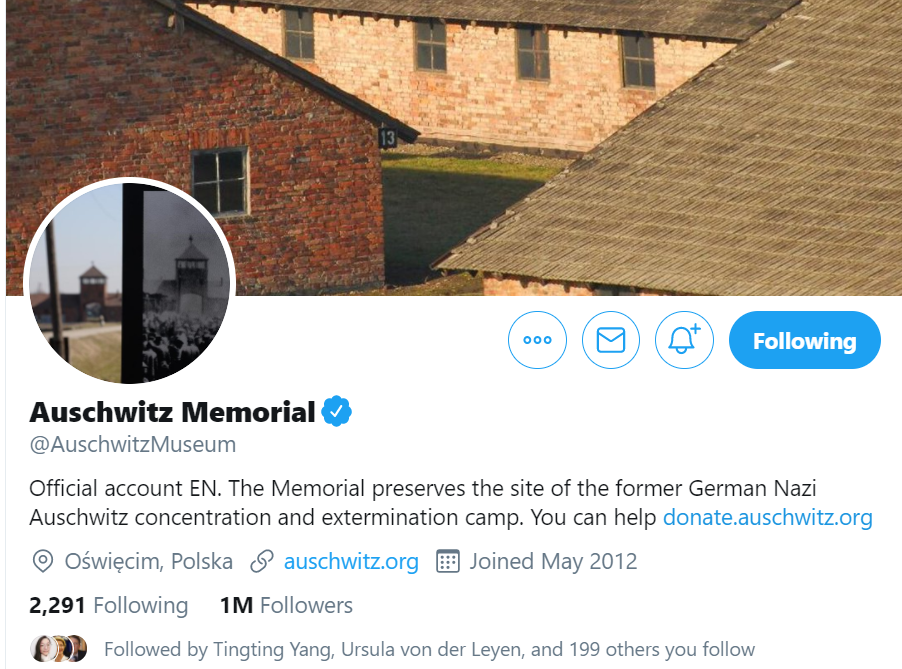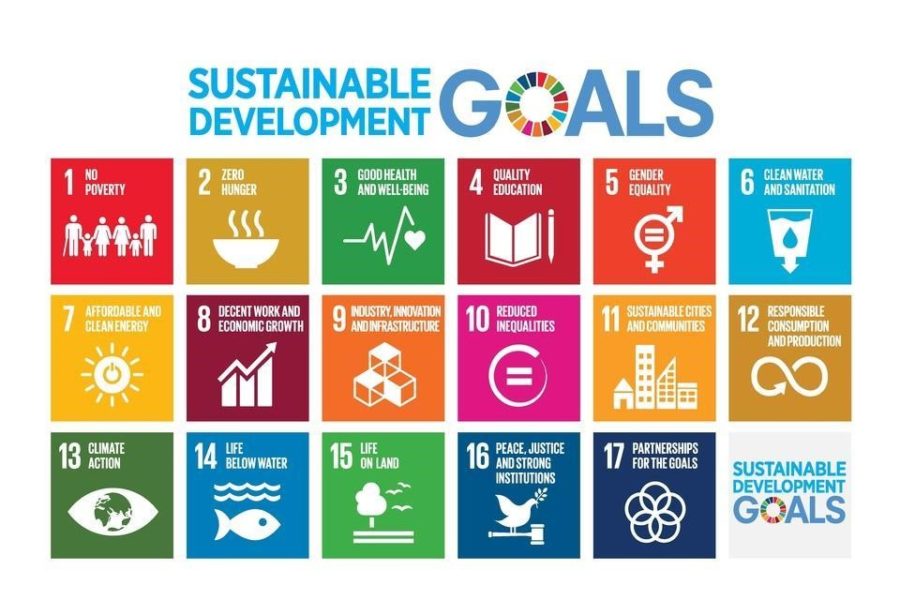I ovo je javna diplomatija ?
Kako je dočekan poziv ministarke ustanovama kulture
Ministarka kulture i informisanja Maja Gojković uputila je nedavno poziv ustanovama kulture čiji je osnivač Republika da učine...
China’s public diplomacy in Latin America and the Caribbean — COVID-19 edition
The year 2020 will be remembered as an inflection point in China’s public diplomacy. The COVID-19 pandemic — buttressed by an already tense geopolitical...
More rot at America’s public diplomacy mouthpiece
Since his Senate confirmation this summer, new United States Agency for Global Media (USAGM) CEO Michael Pack has come under fire for calling out...
The New Aesthetics of Leaders’ Images
Images of leaders have always played an important role in politics. Images can capture the supremacy of a king, the daring of a field marshal or the cunning of a shrewd politician. Indeed, Napoleon’s portrait, sitting upon a fiery steed and pointing to the alps, captures his audacity and ambitions. Yet images of world leaders can also carry important political messages. Take for example the image below of Charles I. Notably, the image focuses on the king, while the British Parliament is located firmly in the background. In this image, there is no question as to who actually rules Britannia. Notably, the image was taken but a few years prior to Charles’s beheading.
Image number 1: King Charles I
The image below is taken from the Palace of Versailles where every door, gate and mirror displayed Louis the 16th, the sun god (le Roi Soleil). Through these images, the dictum I am the State was made manifest. There was no doubt within the Palace as to where power resided. Not with the nobles..
Israel’s secret weapon: 800 channels on social media
Relations with Arab world, country’s global standing improve thanks to social media department deep within Foreign Ministry.
The announcement of the Abraham Accords on IsraelArabic...
Japan the Titan of Soft Power
Japan the titan of soft power is well recognized for its technological superiority, arts, aesthetics, and cuisines. Japan once avoided spreading its culture around its neighborhood in the fear of reviving the old wounds but after Japan ignited its public diplomacy it projected far superior power which could overshadow its grim past. Public diplomacy is […]
The post Japan the Titan of Soft Power appeared first on Modern Diplomacy.
Diplomatic lessons 1: 1979-83
Skip to content Leigh Turner
Ambassador to Austria and UK Permanent Representative to the United Nations and other International Organisations in Vienna
Part of UK in Austria
23rd October 2020 Vienna, Austria
Diplomatic lessons 1: 1979-83 I’m delivering an online apprenticeship talk to staff in Vienna when someone asks me if I’ve thought of summarising everything I’ve learned in my 41-year career. ‘No,’ I say. They urge me to think again.
So here is the first of several blogs seeking to distil a few lessons. Comments welcome.
My first day in the civil service was 3 October 1979. I approached the doorman at No.2 Marsham Street, the long-since-demolished HQ of the since-much-reorganised Departments of the Environment and Transport (DOE), with foreboding.
‘You’ve come to the wrong building,’ the doorman said. ‘PMT is in Lambeth Bridge House.’
I trudged across Lambeth Bridge to a grim red 1940s office block – also since demolished – once described by architectural historian Nikolaus Pevsn..
When Auschwitz Goes Digital
Several days ago I reached an important decision- I began following the Auschwitz Memorial on Twitter. That Auschwitz was recommended by the Twitter algorithm is not surprising as much of my digital activities date back to WW2. I often Google battles and skirmishes, view lists of WW2 facts or read Wikipedia pages of prominent Nazis. These all contribute to my investigation of MFAs’ use iconic images online, images that summon WW2 to the present. Other times these activities are related to surges in anti-Semitism while still other times it is human curiosity that drives me to the edge of humanity.
Yet since I have followed Auschwitz online, my Twitter habits have altered dramatically. For every few scrolls I am presented with a black and white image of a poor soul who ended up at Auschwitz. These moments are so emotional that I pay little attention to other tweets and most often escape Twitter altogether. For how can I focus on a statement by the EU High Commission, or a video greeting..
The Foreign Office and the creation of the UN
Skip to content Dr Richard Smith
FCDO Principal Historian
Part of FCDO Historians UK at the UN
23rd October 2020 London, UK
The Foreign Office and the creation of the UNPub quiz question: where was the first meeting of the United Nations (UN) General Assembly held?
Answer: London, in the Methodist Central Hall on 10 January 1946.
London features heavily in early UN history. The Security Council met for the first time in Church House, Westminster, the following week. Church House was also the location for the UN Preparatory Commission, which convened in the autumn of 1945 to decide the administrative framework for the new organisation.
Foreign Office officials played a key role in planning and establishing the UN at the Dumbarton Oaks conference (August to October 1944), where the Big Four met to discuss setting up a new international body to replace the League of Nations. They played a similar role at the subsequent United Nations Conference on International Organization, which met in..
The UN at 75
Skip to content Matt Field
British Ambassador to Bosnia and Herzegovina
23rd October 2020 Sarajevo, Bosnia and Herzegovina
The UN at 75 Amongst many less pleasant events, 2020 also marks the much happier 75th year since the founding of the United Nations, and a series of commemorations is being held throughout the year. I congratulate UN Resident Coordinator in Bosnia and Herzegovina, Ingrid Macdonald, and all of the UN staff for their open-ended commitment to BiH’s citizens, around the three UN pillars of human rights, sustainable development and peace and security. Last month, UK Foreign Secretary Dominic Raab spoke of the UN’s origins, and an inception “rooted in optimism and a determination that ‘we, the peoples’ would create a better future for ourselves and our children”.
The United Kingdom is a firm friend and champion of the UN, and a leading supporter, through our budget contributions, as a permanent member of the Security Council, and as a country committed to spending 0.7% ..





